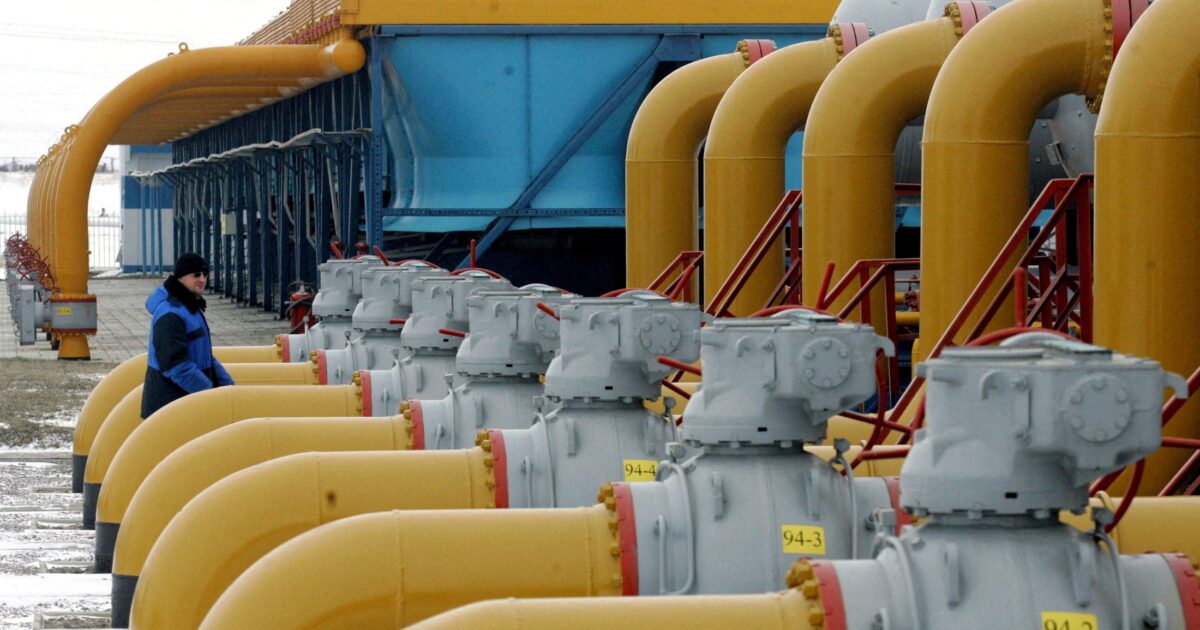The proposed sanctions of the European Union for the ban on Russian liquefied natural gas by the end of next year are the sign that the European Union (EU) is determined to accelerate its exit from energy dependence on Russiaaccording to the Head of Energy of the Union.
Specifically, the EU receives about 15% of its Moscow LNG supplies, making Russia the second largest fuel supplier in Europe after the US, with the monthly account for these imports ranging between 500m euros ($ 588 million) and $ 700 million. Following talks with the Trump government, the European Commission proposed on Friday (19.9.25) the complete prohibition of these imports from January 1, 2027, as part of the 19th Package against Russia.
“I hopefully hope that the Member States will of course support this. We have to tell Russia that this can no longer stand, we will no longer let you use the energy as a weapon against us, we will no longer let you blackmail our countries with energy, “said EU Energy Commissioner Dan Yorgensen on Bloomberg television.
The proposal marks a significant shift from the EU, which has so far avoided imposing sanctions that require unanimity on Russian gas, fearing that continental countries with closer relations with Moscow, such as Hungary and Slovakia, will veto.
However, pressure from the US, recent Russian invasions with unmanned aircraft over Poland and the attack on an EU delegation office in Kiev have changed the situation. Changes in energy markets may also have changed the calculation – the global gas market is expected to begin to turn into a surplus in the second half of the following year, reducing the risk that the gradual abolition of Russian gas can put pressure on European commissions.
The sanctions come along with the long -term EU plans to eliminate imports from Russia, the former Union’s top natural gas supplier. As part of the so -called RepoRereu initiative, which was revealed earlier this year, the Commission proposed a commercial measure to gradually abolish natural gas from Moscow by the end of 2027 to ensure the supply of the Union.
New sanctions essentially speed up the ban on LNG by one year, without prejudice that they could be lifted when the war is over. However, work on the long -term RepoRereu plan will continue, ensuring that supplies from Russia do not return, Jorgensen said.
“I don’t think we should ever introduce a single energy molecule from Russia in the future,” Jorgensen said. “We must definitely do our duty in Europe and we appreciate that the US is doing their job too.”
While the proposal for sanctions requires unanimous approval by the 27 EU Member States, the Repowereu measure requires support by a special majority of national governments at the EU Council and a majority support in the European Parliament. Each of the institutions is currently discussing the plan and has the right to propose amendments.
In parliament, negotiators seek to impose a ban on gas through pipelines – which is not a goal of penalties – a year earlier.
“The Commission is even more careful about exempting Russian dependence on fossil fuels,” said Ville Niinisto, a member of the Greens Parliament. This gives “long -term certainty so that companies know that sanctions are not temporary, they will not be lifted, it will be the legal ban that will enter into force earlier”.
If approved without significant changes, the measures will substantially end Russia’s sovereignty in European energy markets. The EU has already banned almost all oil imports from Moscow and the two countries that have received exception, Hungary and Slovakia, should present plans on how to end these supplies by the end of 2027.
Russia’s carbon imports stopped earlier this year. Jorgensen also said that the Commission would present proposals for ending the dependence on Russian nuclear fuels “as soon as possible”.
A big winner is likely to be the US energy sector, as the two sides have signed a joint trade agreement in July, which promises that the EU will buy US fossil fuels and nuclear power worth $ 750 billion in the next three years. Jorgensen said he discussed last week with US Energy Minister Chris Wright the issue of facilitating US gas companies to sell more natural gas to Europe.
